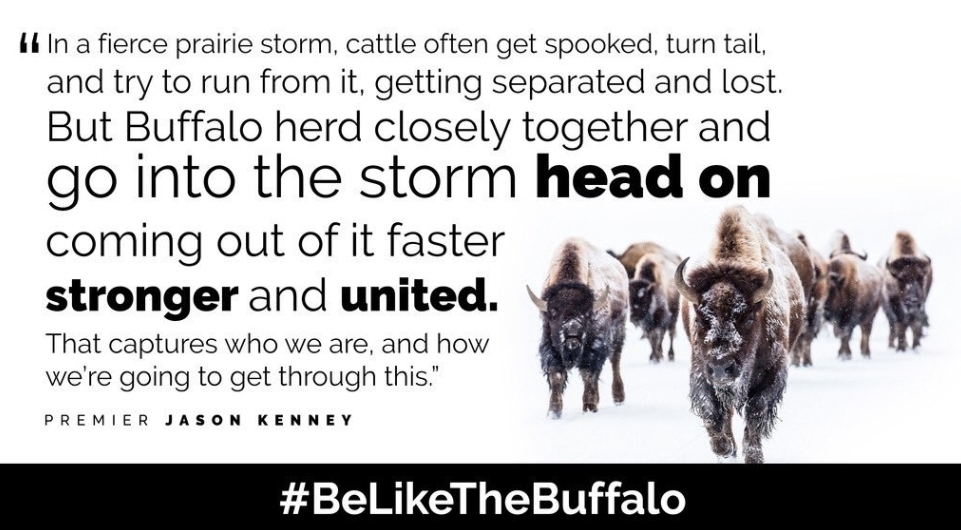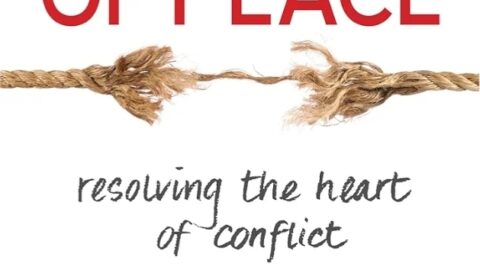In Dopamine Nation by Dr. Anna Lembke, the idea that modern society is collectively behaving like “drug addicts” refers to our compulsive pursuit of pleasure and avoidance of discomfort. Dopamine, a chemical in the brain responsible for feelings of reward and motivation, plays a central role in this dynamic. Our constant chase for dopamine hits—whether through social media, entertainment, food, shopping, or other instant gratifications—mirrors the behavior of someone addicted to drugs or substances.

Why We’re All “Addicted”
Overabundance of Dopamine-Rich Stimuli:
- Technology, processed foods, and consumer culture provide endless sources of quick, intense pleasure.
- These stimuli hijack our brain’s natural reward systems, making ordinary experiences feel dull in comparison.
Avoidance of Discomfort:
- We’ve become conditioned to avoid boredom, stress, or sadness, often seeking distractions instead of confronting these feelings.
- By numbing discomfort with dopamine-driven activities, we lose the ability to build resilience or appreciate delayed gratification.
Neurochemical Dependence:
- Overindulgence in dopamine-releasing activities leads to a “dopamine deficit state,” where the brain reduces its baseline dopamine levels.
- This creates a cycle of dependence: we seek more intense stimulation to feel normal, further desensitizing our reward system.
The Role of Boredom
Boredom, once a natural part of life, is now seen as something to be avoided at all costs. However, boredom has significant benefits:
Fosters Creativity: It allows the brain to wander, sparking innovative thoughts and solutions.
Encourages Rest and Reflection: Without constant stimulation, we can process emotions, reflect on experiences, and recharge.
Builds Emotional Resilience: Tolerating boredom strengthens patience and self-discipline.
By constantly chasing dopamine, we lose these benefits, leaving us overstimulated, yet unfulfilled.
The Addictive Cycle
Stimulus: You engage in a dopamine-releasing activity (e.g., scrolling on social media).
Reward: Your brain releases dopamine, creating a feeling of pleasure.
Crash: As dopamine levels drop, you feel bored or dissatisfied, prompting you to seek another “hit.”
Desensitization: Over time, the brain requires more stimulation to achieve the same level of pleasure.
This cycle closely resembles addiction, where the pursuit of pleasure leads to diminishing returns and increased dependency.
Breaking the Dopamine Addiction
Practice Dopamine Fasting:
- Periodically abstain from high-stimulation activities to reset your brain’s reward system.
- Examples: Limit social media use, avoid processed foods, or take breaks from binge-watching.
Relearn Boredom:
- Embrace moments of stillness without seeking distractions. Activities like walking, meditating, or journaling can help you become comfortable with boredom.
Pursue Delayed Gratification:
- Focus on long-term goals that require effort and patience, such as learning a skill, exercising, or building relationships.
Engage in Meaningful Activities:
- Replace instant gratification with pursuits that bring deep fulfillment, such as volunteering, creative work, or spiritual practice.
Set Boundaries on Technology:
- Use apps or tools to limit screen time, and intentionally disconnect from devices during certain hours.
Conclusion
Our modern addiction to dopamine is a collective challenge that undermines our ability to find joy, resilience, and meaning in life. By learning to tolerate boredom and rebalancing our relationship with pleasure, we can escape the endless chase and rediscover satisfaction in simple, meaningful experiences. The antidote lies not in avoiding discomfort but in embracing it as a necessary part of growth and fulfillment.








